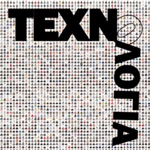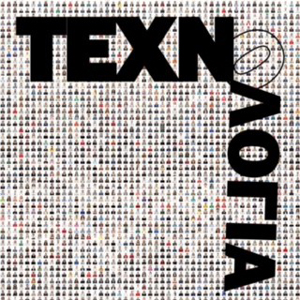‘Promoting Korean Soft Power Is the Most Important’: How Korean Corporations Are Bringing Their Country’s Art to the World’s Museums, Vivienne Chow, δημοσίευση στο Artnet News [7/12/2022]

First, there was the frenzy surrounding the Frieze Seoul launch. Then there are major exhibitions of Korean art and culture staged at leading institutions such as the Los Angeles County Museum of Art (LACMA) and London’s Victoria and Albert Museum (V&A), which opened not long after a Korean arts festival at a nearby theater. From Netflix and K-pop to top museums around the world, Korean culture is everywhere, literally.
The abundance of Korean culture on the global stage is no coincidence. It is, in fact, the fruit of a long concerted effort spearheaded by the South Korean government following the installation of democracy in the late 1980s, with tremendous backings from the country’s major corporations, or chaebol, the massive family-run business conglomerates established in the first half of the 20th century exerting great influences on the country’s economy, politics, and now the global promotion of Korean culture through vast sponsorships and investments. It first began with the cinema, TV dramas, and K-pop, and then extended to the arts.
“Many Korean conglomerates saw the economic growth of the 1960s to ’80s not only as a way to make a profit, but also as a way to put Korea on the global stage and leave behind the scars of colonization and the pain of division,” Ramon Pacheco Pardo, the head of department and international relations professor at King’s College London, told Artnet News.
Economic benefits such as boosting exports, attracting investments, and bringing in tourism are among important factors motivating these corporations to sponsor art programs globally, noted Pacheco Pardo, who has recently published his book Shrimp to Whale: South Korea from the Forgotten War to K-Pop. But there’s more to it.
“Their support for Korean art runs deeper and is linked to the goal of making Korea better known internationally. It is linked to the notion that many Koreans have that their country is ‘a shrimp among whales’. By making its art known internationally, Korea can become one of the whales in this area,” the professor said.
Η συνέχεια εδώ.





